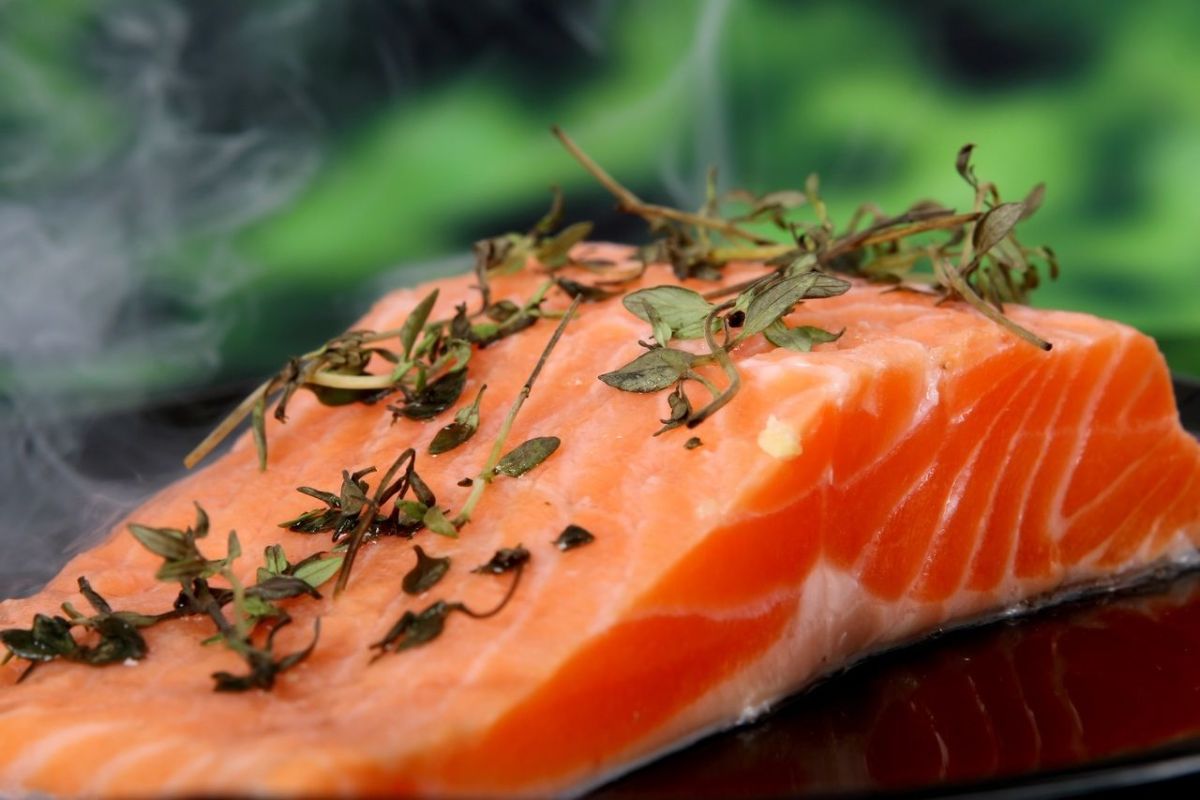What signs indicate you need omega-3 | The State

He Omega 3 it is an essential fatty acid that the body cannot produce from scratch, you need to get these fats from food.
Why is omega-3 important?
The Harvard School of Public Health (HSPH) explains that omega-3 fats are an integral part of cell membranes throughout the body. They participate in the production of hormones that regulate blood clotting, the contraction and relaxation of artery walls, and inflammation. They also bind to cell receptors that regulate genetic function.
Signs that you may be lacking omega-3s
1. You have dry skin or hair
Omega-3 fats help hair and skin retain humidity; protect the skin from irritation and seek a healthy hair.
The consumption of omega-3s help the skin to remain flexible, hydrated and in balance. A deficiency of essential fatty acids, can cause rough, flaky skin and dermatitis. Changes in hair texture and density can also indicate a low omega-3 level.
2. Dry eyes
Omega-3 fats play an important role in eye health. Some studies find a relationship between a low intake of omega-3s and the risk of dry eye disease.
The NIH Office of Dietary Supplements notes that researchers hypothesize that omega-3s, particularly EPA and DHA, might reduce the risk of dry eye disease and alleviate its symptoms.
3. You are anxious or depressed
Omega-3s can easily travel through the brain’s cell membrane and interact with mood-related molecules within the brain. Harvard Health Publishing notes the anti-inflammatory actions of these fatty acids they can help relieve depression.
Some studies show a correlation between a low level of omega-3 and a higher incidence of depression.
4. You have joint pain
Eating Well notes that low omega-3 intake (and low fat intake in general) can result in a loss of flexibility and increased joint pain, since fat is responsible for maintaining the structural integrity of our cells.
Due to their anti-inflammatory effects, omega-3s may reduce some of the symptoms of rheumatoid arthritis Some scientists point out the NIH.
5. Your pressure is higher than normal
The HSPH explains that omega-3 fats appear to help the heart beat at a steady rate and not drift into a dangerous or potentially fatal erratic rate. As well reduce blood pressure and heart rate.
Dietitian Victoria Seaver says on EatingWell that an increase in blood pressure could be a sign that you are not getting enough omega-3 fats in your diet.
Healthline notes that there is no standard test to diagnose an omega-3 deficiency. Omega-3 levels can be tested by evaluating the composition of fat in the blood.
The biggest source of omega-3s is fish
There are three main omega-3s:
Eicosapentaenoic acid (EPA) and docosahexaenoic acid (DHA) that come mainly from fatty fish such as salmon, sardines, trout, mackerel and tuna.
Alpha-linolenic acid (TO) Foods such as chia seeds, flaxseed, walnuts, as well as linseed (linseed), soybean and canola oils, offer fatty acids.
It may interest you:
.
